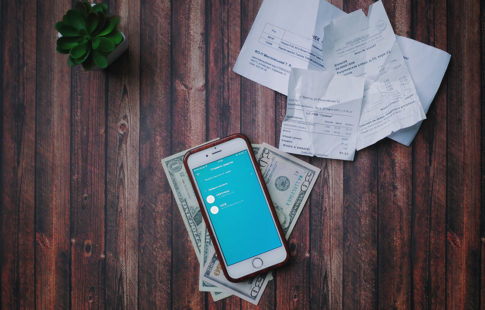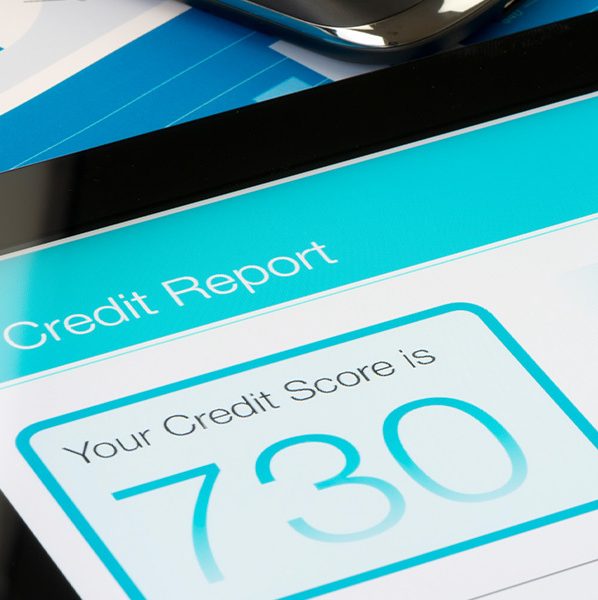Mortgage scams are some of the most popular in the country. They can end in a stolen identity, home title, or bank account. Here are some of our top resources on how to avoid them.
Mortgage Closing Scams
Buying a home? Scammers may pose as your real estate agent, settlement agent, or another trusted source to steal your closing funds. Watch this Consumer Financial Protection Bureau video for important tips.
Red Flags for Mortgage Scams
Beware of unsolicited messages and calls that:
- Tell you to send your mortgage payment to a new address or make the payment to any third party
- Threaten foreclosure or pressure you
- Demand that you sign over your title or deed
- Require payment up front with unconventional methods, such as a pre-paid debit card or Western Union®/MoneyGram® wire to an individual (rather than Mr. Cooper)
- Ask you to share sensitive information or “complete a loan application” over the phone, email, text, etc.
- Include typos and misspelled or strange email addresses
- Don’t refer to you by name
Credit & Identity Scams
Some scams can go undetected, so it’s important to monitor your credit report, mortgage, and bank account for unusual activity. Also beware of offers to fix your credit fast before applying for a loan. These resources can help you prepare.
Have you spotted a scam by someone posing as Mr. Cooper?
If you’re a Mr. Cooper customer, please notify us in one of the following ways:
- Open a ticket in our secure Message Center after signing in.
- Use our chat feature, even without signing in. (Chat is located in the bottom-right corner of the Help Center.)
- Call 833-685-2565, especially if the scam involves making a payment or changes to your mortgage.
You can also report scams to the FBI or Federal Trade Commission.









